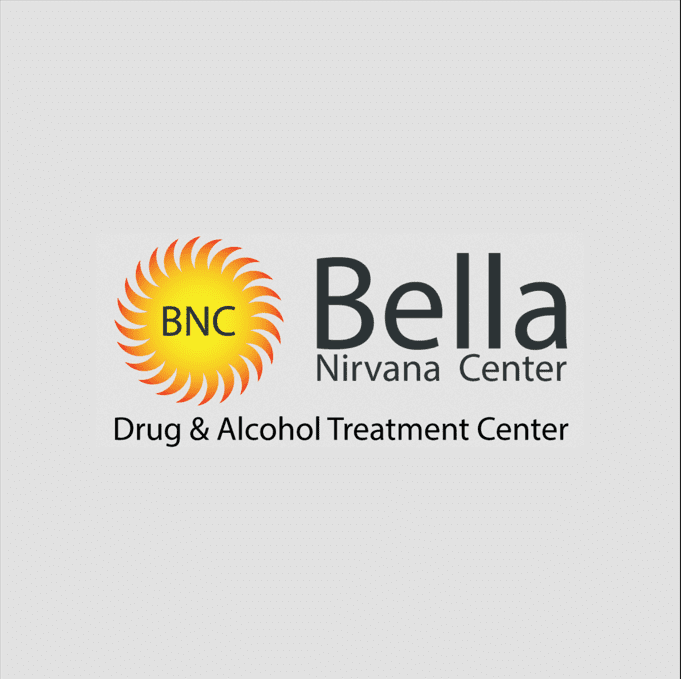Addiction doesn’t happen overnight. It creeps in slowly, a drink after work becomes a nightly habit, a prescription for pain relief turns into dependence, and what once felt like control starts slipping away. Many people tell themselves they can quit anytime, but the truth is, stopping certain substances without medical help can be dangerous. That’s where medical detox comes in.
If you’ve been wondering whether it’s time to consider a medical detox, this guide will help you recognize the signs, understand what detox actually involves, and know what steps to take next.
What Is Medical Detox?
Medical detox is the first step in recovery for people physically dependent on drugs or alcohol. It’s a process where the body clears itself of harmful substances under professional supervision. The goal isn’t just to stop using, it’s to do so safely and comfortably.
When someone stops using substances abruptly, their body can react with withdrawal symptoms. These symptoms vary depending on the substance but can include nausea, shaking, anxiety, seizures, hallucinations, or even life-threatening complications. Medical detox provides a controlled environment where doctors, nurses, and clinical staff monitor these symptoms, manage discomfort, and keep the patient stable.
Think of it as a medical reset, giving your body the chance to heal before deeper therapy and rehabilitation begin.
Why Detox Can’t Always Be Done Alone
Many people try to quit “cold turkey” at home. While the intention is admirable, it can be risky. Here’s why:
- Severe Withdrawal Symptoms:
Substances like alcohol, opioids, or benzodiazepines can cause dangerous withdrawals. For example, alcohol withdrawal can trigger seizures or delirium tremens (DTs), both of which can be fatal without medical attention. - High Risk of Relapse:
When withdrawal symptoms become unbearable, people often return to using just to make the pain stop. In a detox center, medications and clinical care make the process more manageable, greatly reducing relapse risk. - Lack of Emotional Support:
Detox can be physically and emotionally draining. Having trained professionals and counselors nearby can make all the difference. They not only manage symptoms but also provide reassurance, encouragement, and structure. - Underlying Health Issues:
Addiction often masks other physical or mental health problems. A medical detox ensures these issues are identified and treated early on, preventing complications down the road.
In short, detoxing alone may seem like a sign of strength, but real strength often lies in knowing when to ask for help.
Signs You May Need a Medical Detox
Deciding when to seek medical detox isn’t always clear-cut. Here are some signs it might be time to take that step.
- You Experience Withdrawal Symptoms
If you’ve tried to stop or cut back on drugs or alcohol and experienced symptoms like sweating, shaking, irritability, nausea, or insomnia, your body is dependent. These are clear indicators that a supervised detox could be safer and more effective.
- Your Tolerance Has Increased
Needing more of a substance to feel the same effect is a red flag. Increased tolerance means your body has adapted to the substance, and sudden withdrawal could shock your system.
- Your Health Is Declining
Addiction affects the entire body. Weight loss, poor sleep, constant fatigue, or recurring illnesses can all signal that your system is under strain. A detox helps restore balance and allows medical professionals to assess the damage and start the healing process.
- You’re Using Substances to Feel “Normal”
When you no longer drink or use drugs for fun but rather to function, to avoid shaking, anxiety, or pain, it’s a sign of dependency. Detox is the safest way to break that cycle.
- Your Daily Life Is Affected
Missed work, strained relationships, financial trouble, or legal issues, these are not just bad luck. They’re often the ripple effects of substance use. When your life starts revolving around your next drink or dose, it’s time to get help.
- You’ve Tried to Quit Before, and Couldn’t
Repeated failed attempts to stop using, even with good intentions, point to a deeper problem. Detox provides a structured environment that supports both physical and emotional recovery.
What Happens During Medical Detox
While every detox center has its own approach, the general process includes three main stages:
- Evaluation
A medical team conducts a full assessment, physical exams, psychological evaluations, and lab tests, to understand your level of dependence and any coexisting health issues. This helps them design a detox plan tailored to your specific needs.
- Stabilization
This is where the actual detox happens. Under supervision, you gradually withdraw from the substance. Medications may be used to ease symptoms like anxiety, insomnia, or muscle pain. Staff members monitor your vital signs around the clock, ensuring safety and comfort.
- Transition to Ongoing Treatment
Detox alone doesn’t treat addiction. Once your body is clear of substances, the next step is rehabilitation, therapy, counseling, and long-term support. Detox sets the foundation for this deeper healing.
Common Myths About Medical Detox
Myth 1: Detox means rehab is over.
Reality: Detox is just the first stage. It clears the body, but recovery also requires addressing mental and emotional roots of addiction.
Myth 2: Detox is only for severe addicts.
Reality: Anyone experiencing withdrawal or dependence can benefit from medical detox, no matter the severity.
Myth 3: It’s too expensive.
Reality: Many detox centers offer flexible payment options or accept insurance. In the long run, the cost of not getting help, in health, work, or relationships, is far greater.
Myth 4: It’s painful.
Reality: With medical supervision and medication, discomfort can be managed effectively. Most patients describe the experience as challenging but manageable, and far safer than going it alone.
The Emotional Side of Detox
Detox isn’t just about cleansing the body. It’s also about facing fear, guilt, and vulnerability. People often carry shame about needing help, but choosing detox isn’t weakness, it’s courage. It’s saying, “I’m ready to live again.”
Recovery isn’t linear. There will be moments of doubt and discomfort, but those moments also bring clarity. When the fog lifts, what remains is possibility, a chance to rebuild your life with intention and strength.
Taking the First Step
If you or someone you love shows the signs mentioned above, it might be time to consider medical detox. Don’t wait for a crisis or health scare to make the decision. Detox is not punishment, it’s protection. It’s the safest and most effective way to begin recovery.
Facilities like Bella Nirvana Center provide medically supervised detox programs designed to ensure comfort, safety, and long-term success. Their approach combines clinical care with compassion, helping individuals not only detoxify but also rediscover themselves.
Final Thoughts
There’s no “perfect time” to start detox, only the moment you decide enough is enough. Whether your struggle has lasted months or years, help is available, and healing is possible. Medical detox is the first step toward that freedom.
You don’t have to face withdrawal alone. With the right medical support, what feels impossible today can become the start of a new life tomorrow.


